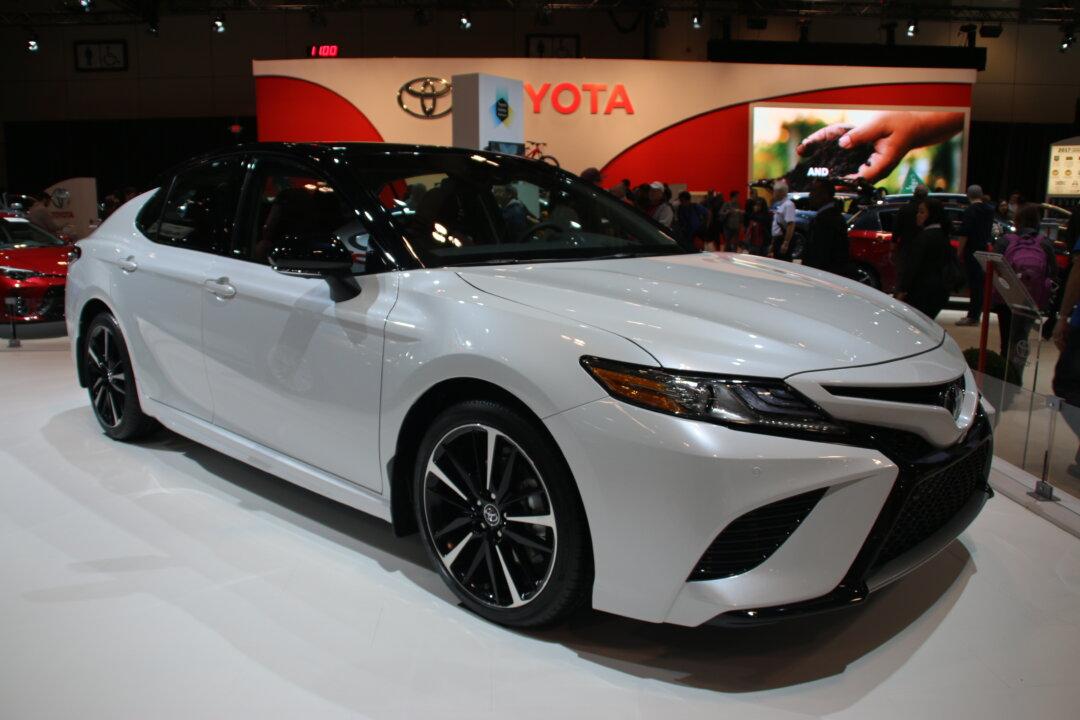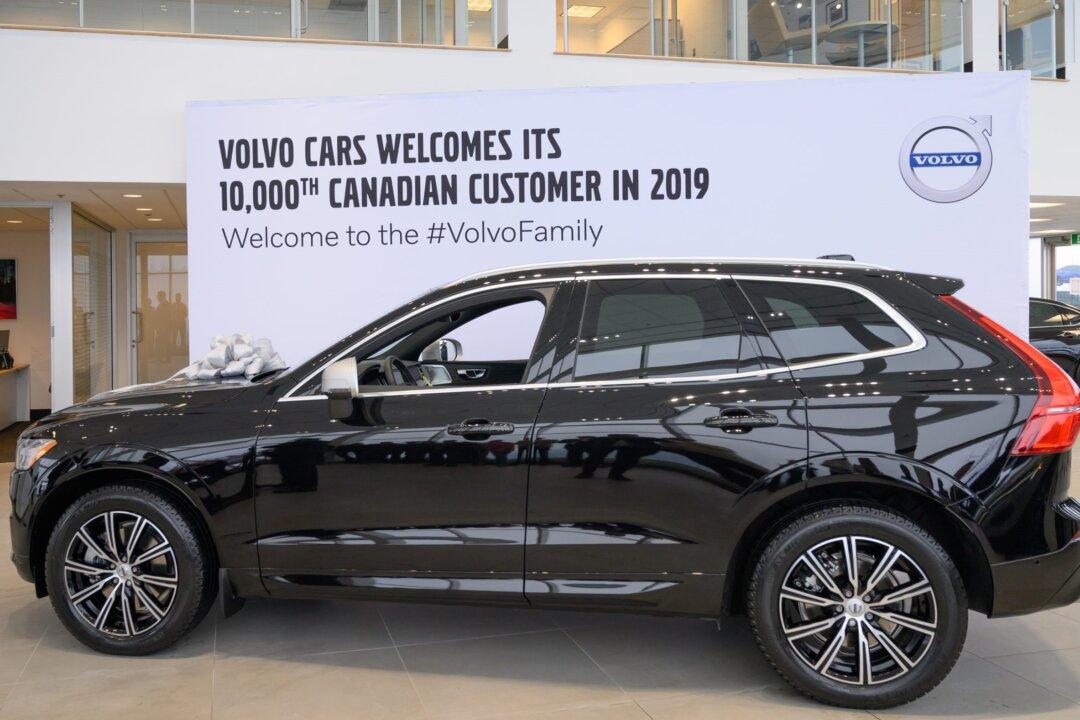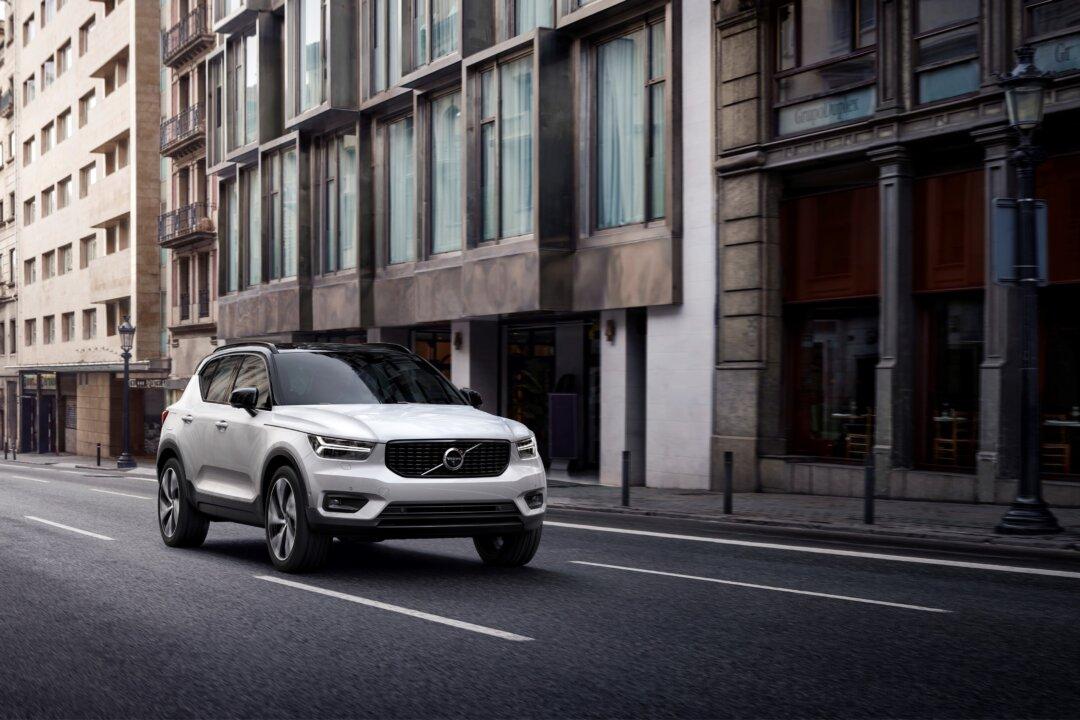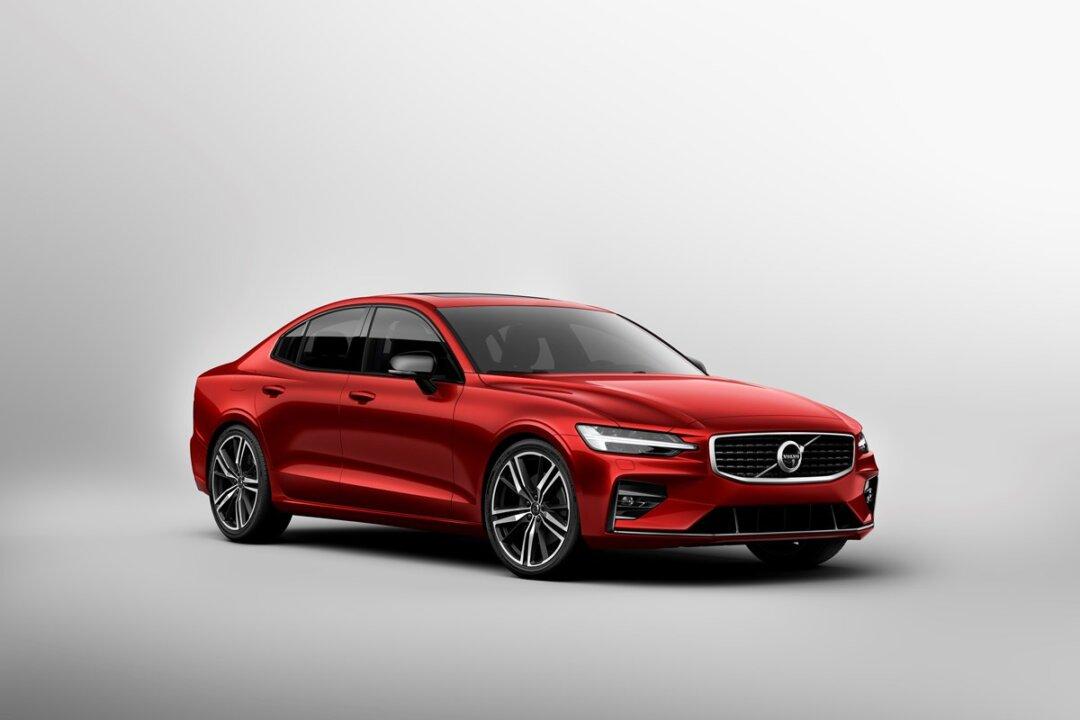Toyota Canada Inc. (TCI) has been a strong fixture in Canada since founded in 1964. To date, Toyota has sold more than 4 million vehicles in this country through a national network of 285 Toyota and Lexus dealerships.
In 2014 an astounding 50.0 percent of all Toyota vehicles sold in Canada were built at Toyota Motor Manufacturing Canada, Inc. (TMMC) in Woodstock, Ontario while 83.0 percent of all Toyota vehicles sold in this country were produced at one of Toyota’s 14 plants throughout North America.
With Toyota’s Canadian bona fides established, we recently spent a little time with Mr. Stephen Beatty, vice president, Corporate and had a far-reaching conversation on everything and anything Toyota.
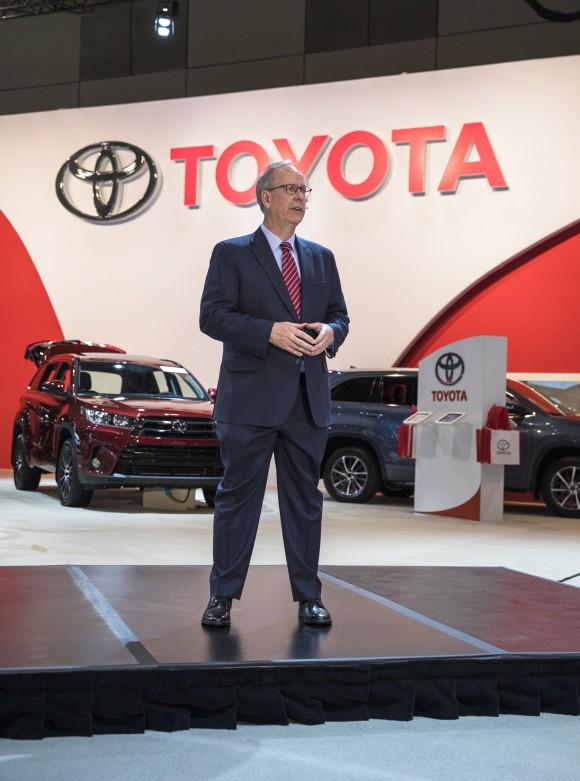
Stephen Beatty Courtesy of Toyota Canada Inc.
